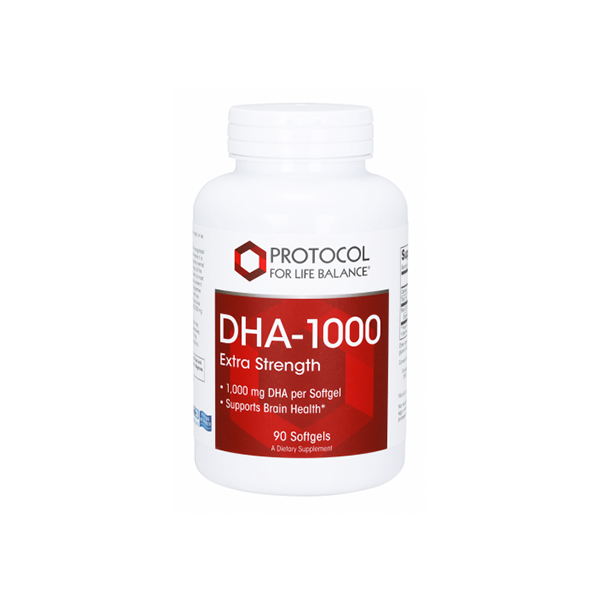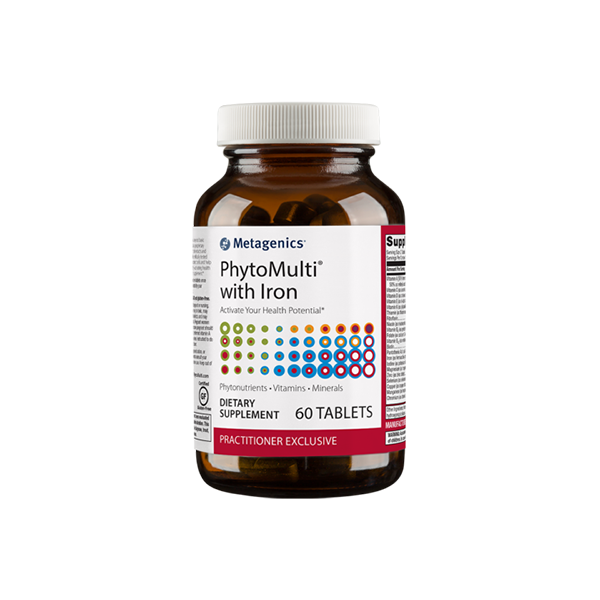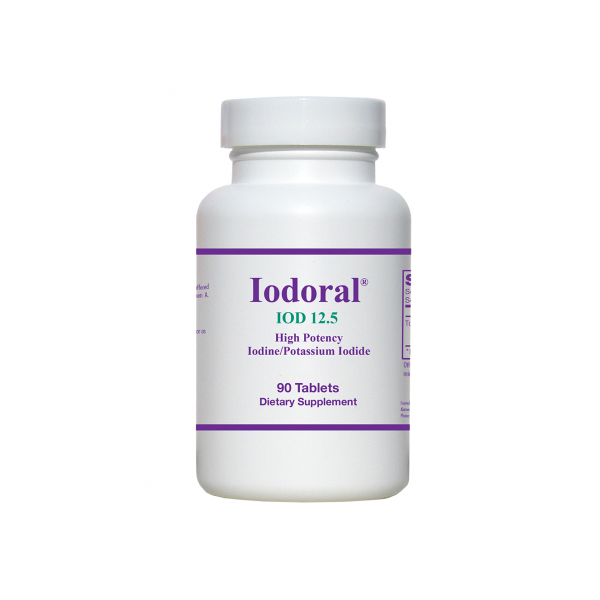Estrogen is required for learning, memory, and mood in addition to nerve development and degeneration processes.
Testosterone, although frequently thought of as the male hormone, is also produced in women. Women produce testosterone in the ovaries prior to menopause and lower amounts in other tissues after menopause. We know that when the levels are too low, fatigue, mood swings, depression and loss of mental acuity occur. Excess levels cause acne, more body hair, changes in body shape and menstrual irregularities. Testosterone is known to strengthen muscles, arteries, and nerves including in the brain. In men, a study showed that low levels of testosterone increase the risk of Alzheimer’s Disease and are also associated with other neurodegenerative diseases like Parkinson’s.
When testosterone is too low, fatigue, mood swings, depression and loss of mental acuity occur.
Progesterone is primarily known for its reproductive effects, but is also responsible in the Central Nervous System for non-reproductive functions like regulation of cognition, neurogenesis (nerve formation), mood, and regeneration of nerves. Progesterone is calming to the brain and has a protective effect since it reduces swelling and improves mental clarity after a traumatic brain injury. Low levels of progesterone are also associated with memory loss, mood swings, PMS symptoms, mood swings. If too high, progesterone can also cause mood swings and dizziness.
Progesterone is responsible in the Central Nervous System for functions like regulation of cognition, neurogenesis (nerve formation), mood, and regeneration of nerves.
If you will notice, all 3 of these categories can cause mood swings which indeed shows us that if there was any question, hormones affect the brain.
Thyroid hormones are also associated with brain function. Levels which are too high can cause anxiety, difficulty sleeping, and irregular heartbeats. Too little thyroid hormone will cause fatigue, anxiety, depression, difficulty concentrating, as well as short-term memory loss.
Cortisol, known as a stress hormone, is required for proper function of the body and the brain. High levels (high stress) of the cortisol cause headaches, loss of emotional control, and difficulty thinking.
From these points it becomes obvious that our brains are very involved with hormones both in their production and also as a major functional target of those same hormones. Once again, we see that balance is key to your best health.






























